News

Facebook posts about birthdays and anniversaries prompt users to reflect on the passage of time and the patterns of their lives, according to new Cornell research.

Cornell researchers’ concept for a mobile phone-based system to detect infectious diseases and nutritional deficiencies in saliva was awarded a $100,000 NIH Technology Accelerator Challenge prize.
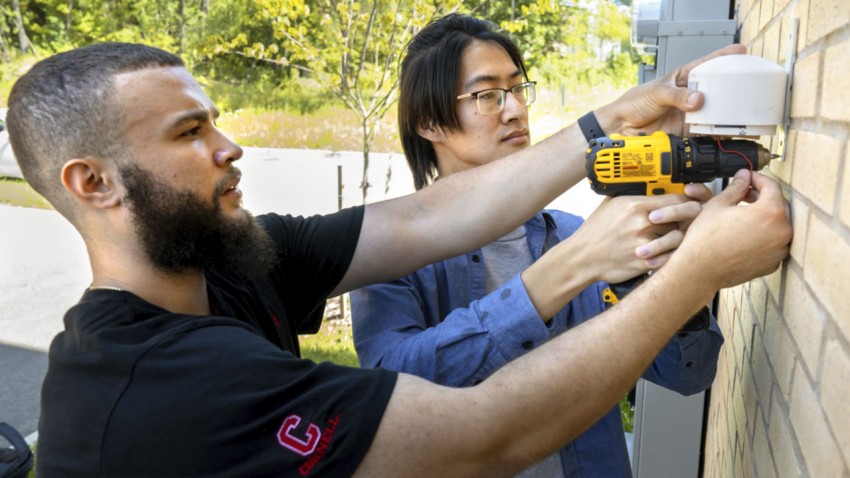
The NSF has awarded $1.5 million to Cornell engineers to help bridge New York’s digital divide by designing the nation’s first statewide Internet of Things public infrastructure.

Around campus academic quads and residential areas, in the thick of autumn’s red and yellow leaves, soon there’ll be something green: a new tool-toting, solar power-generating trailer.

Twenty faculty members from eight colleges have been named Engaged Faculty Fellows, committed to advancing community-engaged learning and scholarship at Cornell and within their academic disciplines.
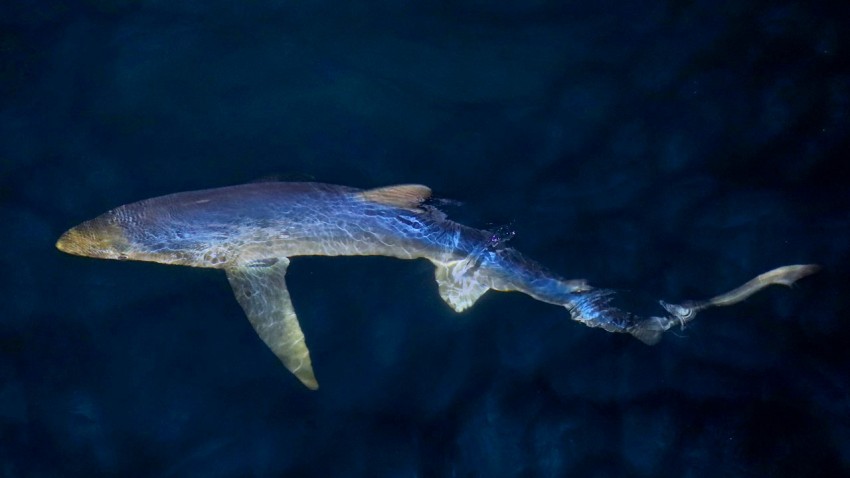
In five years, a massive open online course on sharks developed by Cornell and the University of Queensland and offered through edX has wildly exceeded expectations.

Research from the Feschotte Lab identifies 28 new SARS-CoV-2 and coronavirus associated receptors and factors that predict which tissues are most vulnerable to infection.
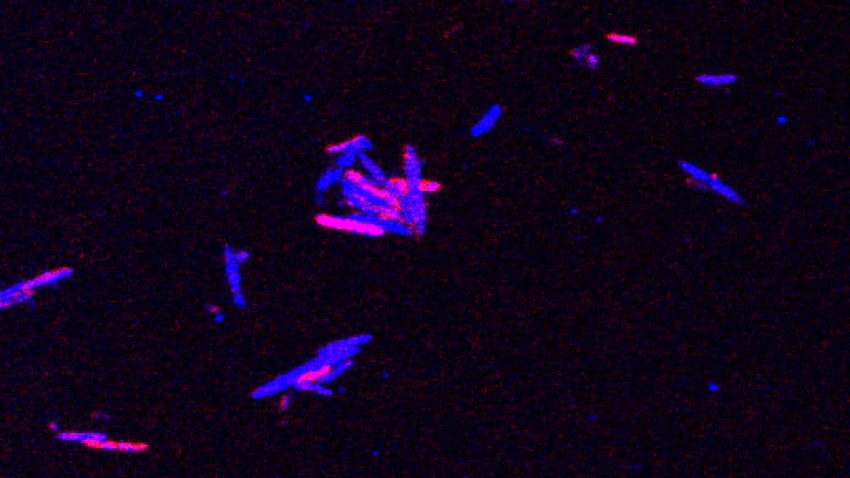
A new study in mice helps explain why gut microbiomes of breastfed infants can differ greatly from those of formula-fed infants.
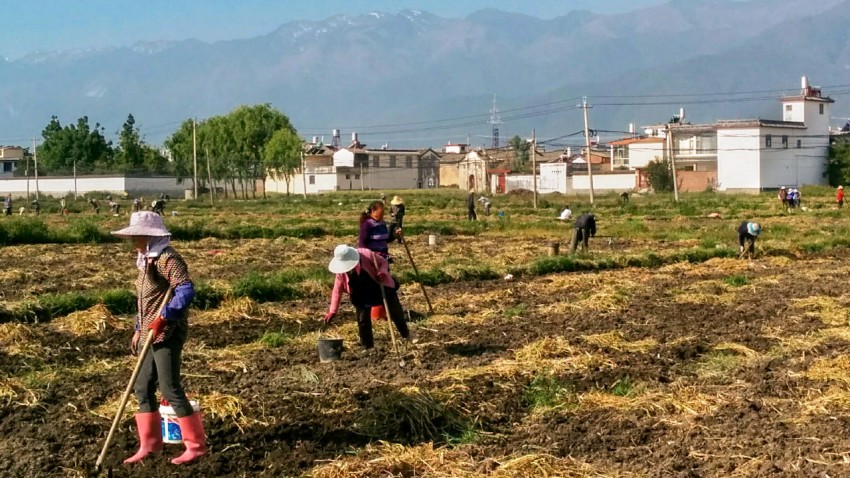
As China creates more green space near its cities, the modernization plan – relocating 250 million rural villagers into urban centers by 2025 – has a dark side: socioeconomic inequity.
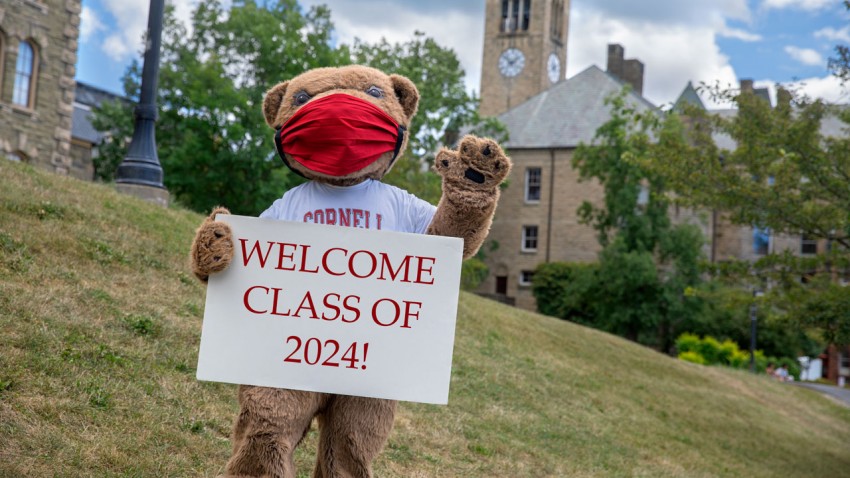
When fall semester instruction begins online and in person Sept. 2, the 3,296 members of Cornell’s Class of 2024 just might be the most nimble group in the university’s history.


